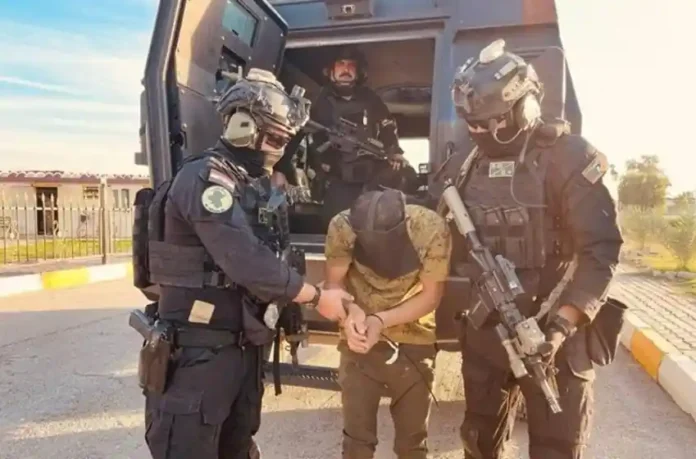In a move that has sparked controversy and condemnation from human rights groups, Iraqi authorities executed at least 11 individuals this week for terrorism-related offenses.
The executions, carried out by hanging in the southern city of Nasiriyah, come amidst ongoing concerns about the transparency and fairness of Iraq’s judicial system.
According to security and health sources, the executed individuals were convicted of belonging to the Islamic State group, with their bodies received by the local health department following the executions.
The executions were reportedly conducted under Article 4 of Iraq’s anti-terrorism law, highlighting the severity of the charges against the condemned.
Critics of Iraq’s judicial process have long raised concerns about the hasty nature of trials and allegations of confessions obtained under torture.
Amnesty International, in a statement released following the executions, condemned the use of “overly broad and vague terrorism charges” and highlighted the lack of fairness in the legal proceedings.
The executions this week bring renewed attention to Iraq’s approach to counterterrorism and the use of capital punishment.
While Iraqi law permits the death penalty for terrorism and murder offenses, questions persist about the transparency and due process afforded to those accused of such crimes.
The condemned individuals were said to be from Salahaddin province, a region that has seen significant activity by insurgent groups, including the Islamic State.
Despite the gravity of the charges, concerns remain about the circumstances surrounding their convictions and the treatment they received while in custody.
Amnesty International revealed that among those executed were two individuals who had been arrested in 2008 and convicted of terrorism-related offenses after what was described as a “grossly unfair trial” by their lawyer.
This case underscores broader concerns about the integrity of Iraq’s judicial system and the protection of defendants’ rights.
The executions serve as a reminder of the ongoing challenges facing Iraq as it seeks to address the legacy of terrorism and violence that has plagued the country for years.
While the government has a responsibility to maintain security and hold perpetrators of terrorism to account, it must also ensure that justice is administered fairly and in accordance with international standards.
As calls for transparency and accountability grow louder, Iraqi authorities face increasing pressure to address concerns about the fairness of trials and the treatment of individuals accused of terrorism.
The executions this week underscore the need for reforms to strengthen the rule of law and protect the rights of all individuals within Iraq’s borders.
In the wake of these executions, the debate over Iraq’s use of capital punishment and the broader issues surrounding counterterrorism measures is likely to intensify, raising essential questions about the balance between security and human rights in the country’s ongoing struggle against extremism.
This article was created using automation and was thoroughly edited and fact-checked by one of our editorial staff members

